
As the focus on sustainable living grows, homeowners and builders in British Columbia are increasingly turning their attention to eco-friendly and energy-efficient materials for home construction. The province, known for its breathtaking natural beauty and commitment to environmental conservation, provides an ideal backdrop for embracing sustainable building practices. In this article, we will explore the importance of choosing the right materials and highlight some sustainable options gaining popularity in British Columbia’s home construction scene.
Wood Alternatives for Framing
While wood has traditionally been a popular choice for home construction, concerns about deforestation and the environmental impact of timber harvesting have led to a surge in interest in alternative framing materials. Engineered wood products, such as laminated veneer lumber (LVL) and cross-laminated timber (CLT), are gaining traction in British Columbia. These materials offer the structural integrity of traditional lumber while utilizing smaller, fast-growing trees, reducing the demand for old-growth timber.
Energy-Efficient Insulation
Proper insulation is crucial for energy efficiency in homes, especially in British Columbia’s diverse climate. Environmentally friendly insulation materials, such as recycled denim, sheep’s wool, and cellulose, are emerging as sustainable alternatives to traditional fiberglass. These materials not only provide excellent thermal performance, but also have lower environmental impacts during production and disposal.
High-Performance Windows and Doors
Windows and doors play a vital role in a home’s energy efficiency. Opting for high-performance, energy-efficient windows and doors can significantly reduce heating and cooling costs. Double or triple-glazed windows with low-emissivity coatings are popular choices for minimizing heat transfer while maximizing natural light, allowing homeowners to enjoy the stunning views British Columbia has to offer.
Recycled and Reclaimed Materials
A commitment to sustainability often involves giving new life to materials that have already served a purpose. Recycled and reclaimed materials, such as reclaimed wood, recycled glass, and salvaged bricks, are becoming sought-after choices for interior and exterior finishes. Beyond their eco-friendly attributes, these materials add character and a unique aesthetic to homes, reflecting the province’s appreciation for craftsmanship and history.
Solar Panels and Green Roofs
Harnessing renewable energy sources is a key aspect of sustainable home construction. Solar panels are increasingly affordable and efficient, providing homeowners with the opportunity to generate their electricity and reduce reliance on traditional power sources. Additionally, green roofs, adorned with vegetation, not only improve insulation but also contribute to stormwater management and biodiversity, aligning with British Columbia’s commitment to environmental stewardship.
Water-Efficient Fixtures and Plumbing
Conserving water is a critical consideration in a province like British Columbia, where water resources are precious. Choosing water-efficient fixtures, such as low-flow toilets and faucets, can significantly reduce water consumption without compromising functionality. Rainwater harvesting systems are also gaining popularity for irrigation purposes, further minimizing the ecological footprint of a home.
Low VOC Paints and Finishes
Indoor air quality is a significant concern for homeowners. Volatile organic compounds (VOCs) released by conventional paints and finishes can contribute to poor air quality. Low VOC and zero VOC paints and finishes are environmentally friendly alternatives that release fewer harmful chemicals, creating healthier indoor living environments.
Choosing the right materials for home construction in British Columbia involves a thoughtful consideration of environmental impact, energy efficiency, and overall sustainability. The province’s commitment to environmental conservation and its residents’ increasing awareness of sustainable living practices are driving the adoption of eco-friendly building materials. As the demand for sustainable options continues to rise, the home construction landscape in British Columbia is evolving to reflect a harmonious blend of modern living and environmental responsibility. Homeowners and builders alike are embracing the opportunity to create homes that not only stand the test of time, but also contribute to a greener, more sustainable future.
read more
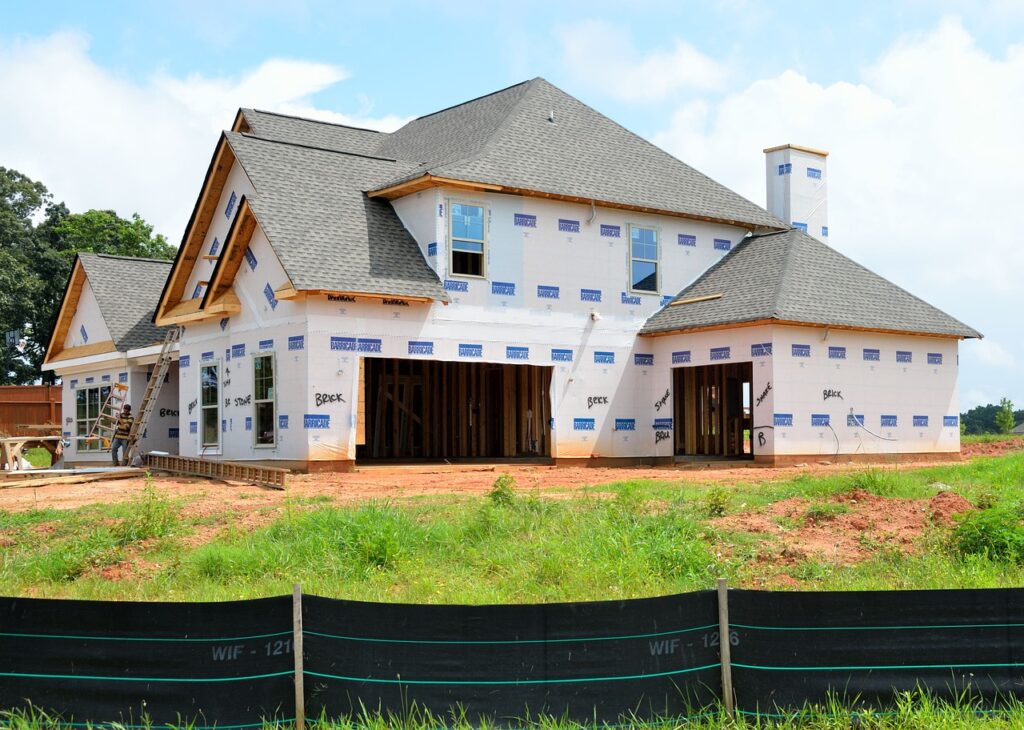
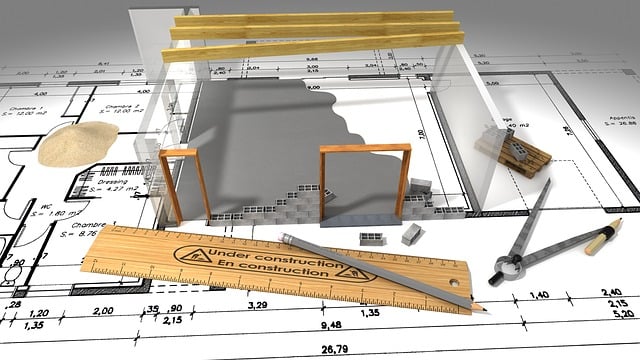
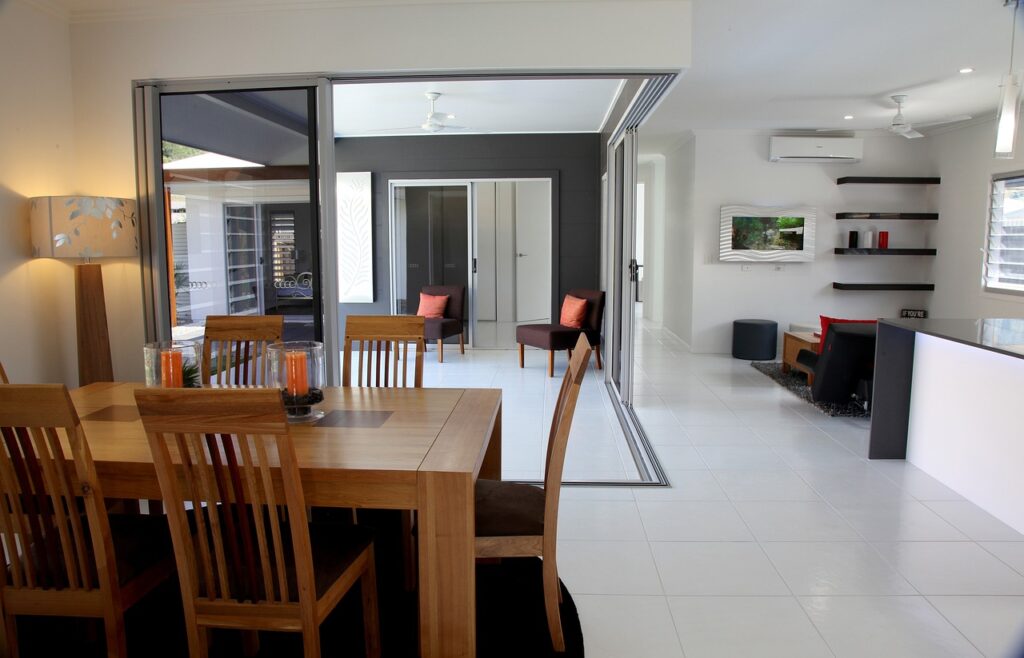

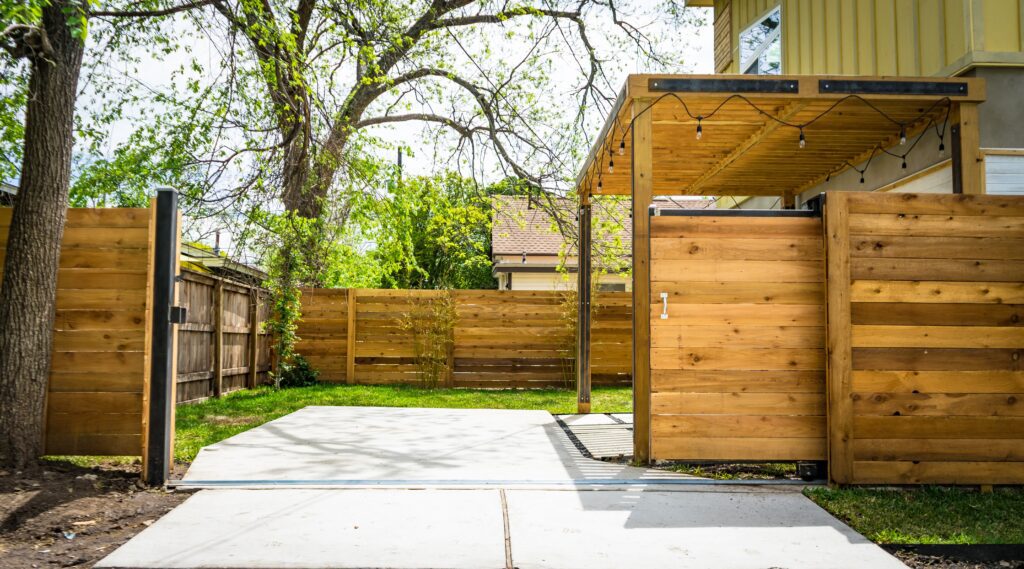
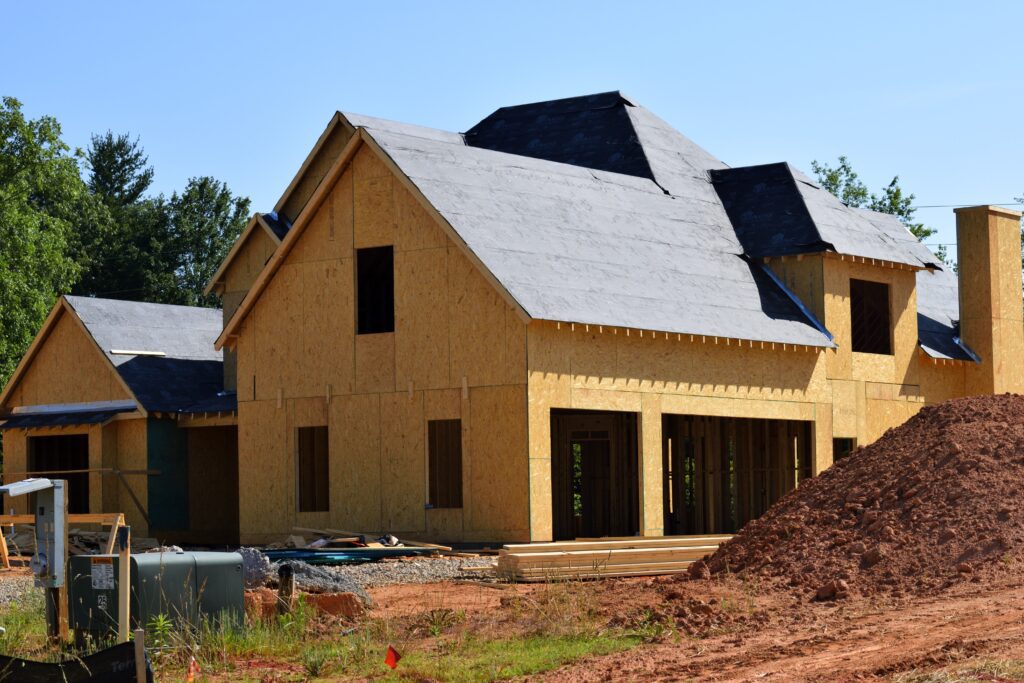


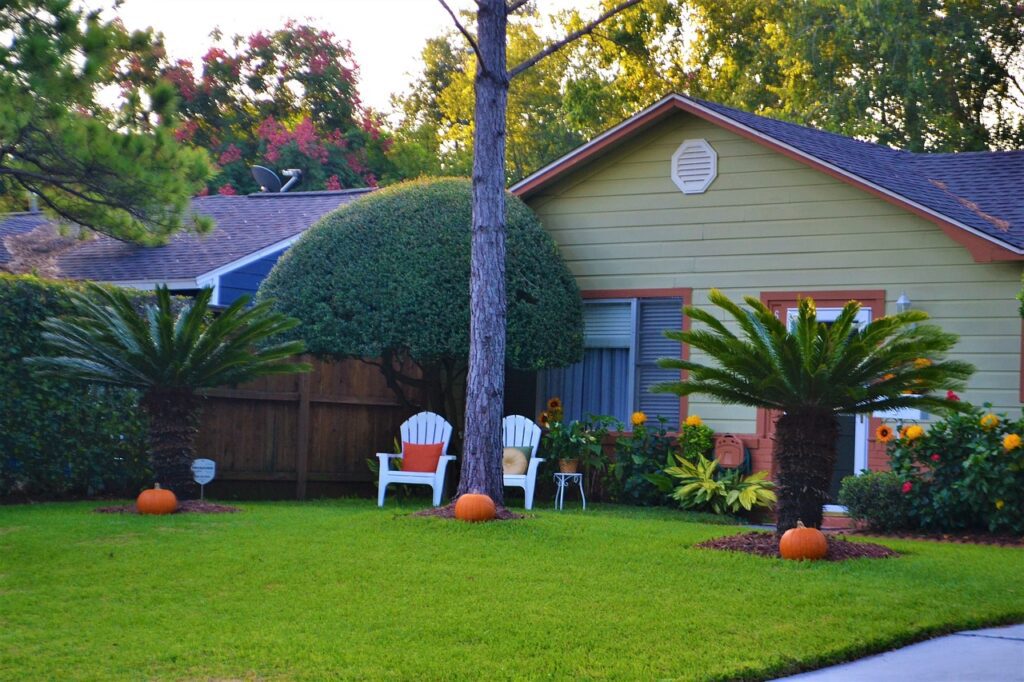

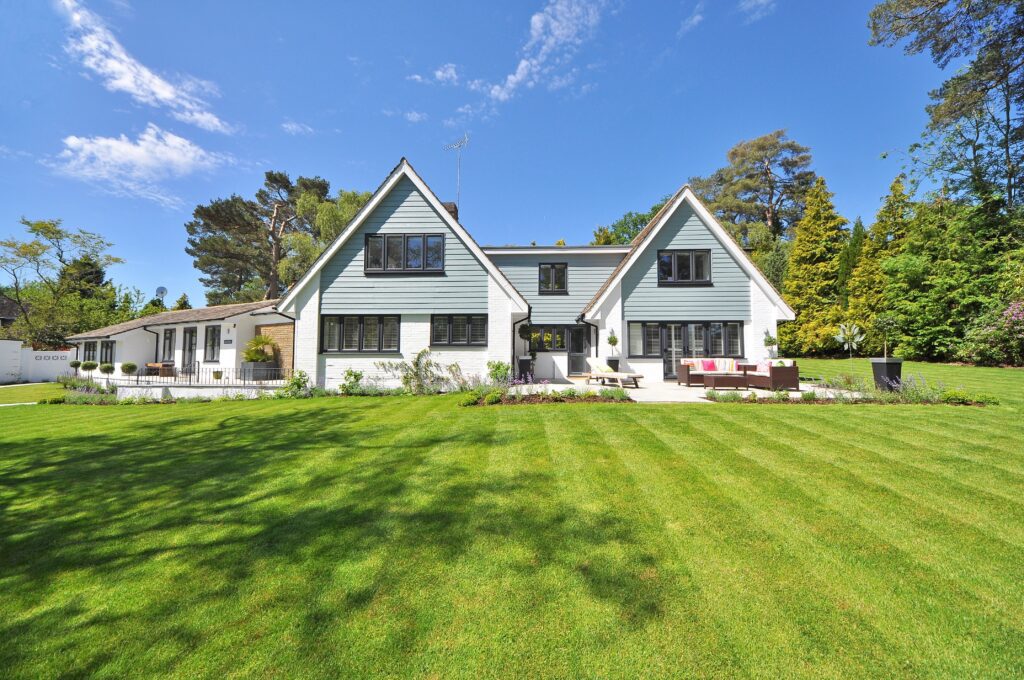
Recent Comments